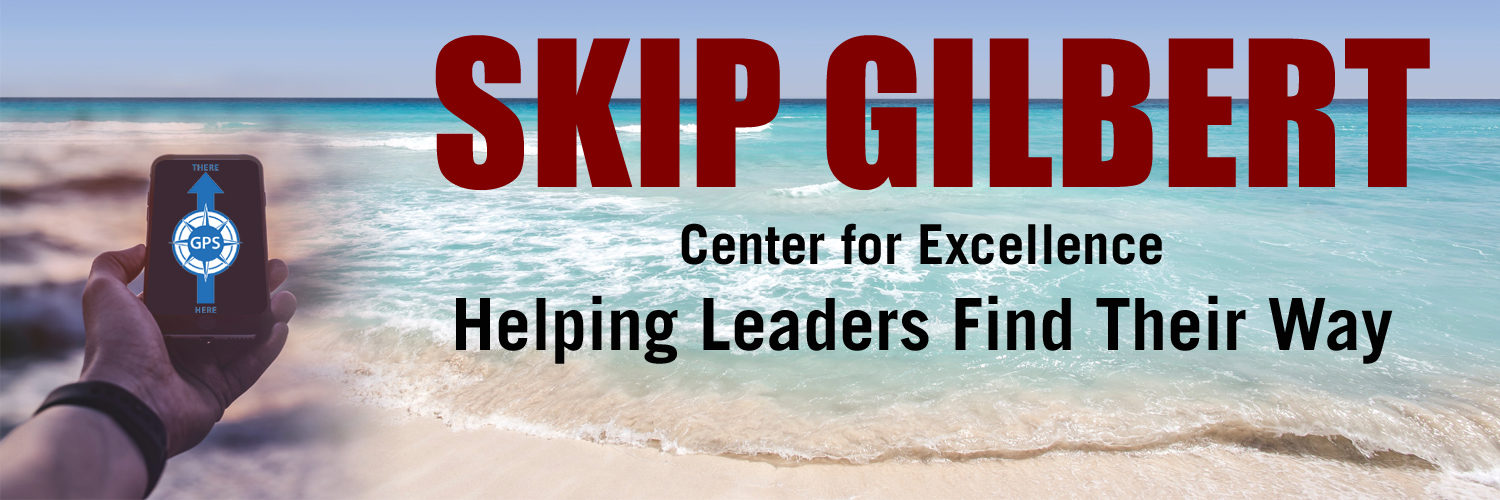Take Time to Listen

“Courage is what it takes to stand up and speak; courage is also what it takes to sit down and listen.” — Winston Churchill
Take time to listen to people. It is easy advice and it makes sense and yet seems very hard to incorporate as a habit. We are all very busy and when we get the chance to communicate one-on-one we often find that we are not really listening to the other person, we are just using the time that they are speaking to frame-up our next thought. That is not communication, that is speechmaking. Communication requires that someone is listening.
While stating our opinion and offering advice feels good and is important, there are times when refraining from talking and just pausing to listen can be even more effective and persuasive. Listening without distraction, really listening to the other person can help us better understand the issue being discussed. By taking time to truly listen we also provide space for the other person to provide perspective that may alter our next thought. Additionally, pausing to listen provides the feedback that we value their opinion.
While this seems readily apparent, it is not our common practice. We tend to pause to allow the other person to talk but not process what they are saying and just use the time to formulate our next attack on their perspective. Sometimes we use the filibuster technique of monopolizing the available time for conversation under the belief that if the other person does not get a chance to object, they must agree. Of course, in reality that does not work, it only serves as a barrier to keep the other persons perspective out of the conversation (or should I say monologue). In fact it really sets up conflict as the other person has to battle to get their perspective heard at all.
We will be much more effective leaders and partners if we take the time to listen; really listen. Stop, take a breath, ask a leading question and then listen to what the other person has to say. Chances are we actually value what the other person has to say or we would not have allowed the opportunity for this conversation to take place. We benefit from the perspective of other people, so let the other person talk. We will probably learn something as well as reinforce a give-and-take relationship for future conversations.
Nothing bad is going to happen to us as a result of listening. We can always ignore the advice or feedback if it does not fit. We do not always believe everything we hear, but hearing it does give us the opportunity to evaluate our perspective. There is no downside to being a good listener.
We all could do a better job of listening. Here are some tips for being a better listener:
1) Listening is more than hearing – Take time to understand what the other person is trying to convey. It is important to them or they would not be wasting their time on you. Be patient and return the favor.
2) If your mind is wandering, focus – Focus on the other person and for those few minutes put the other distractions out of our mind. Give them the respect we want of our opinion.
3) Resist jumping into the conversation with your opinion – Be patient and let them finish. Their opinion is not any more final than yours. Let them have their say.
4) Facilitate the conversation by asking for more – Take an interest and ask follow-up questions. You may even have the opportunity to make your point by engaging them in pertinent questions on their position.
Of course, don’t let people waste your time. If in the course of listening the conversation becomes one-sided or irrelevant, politely find a way to either change the subject or end the conversation. Ultimately the relationship is more important than a few minutes of our time, so be patient. There may be times others may feel the same way about what we are saying. Being polite costs us nothing.
When we truly take time to listen, we will be surprised at the results. We will have more balanced relationships, learn more, and actually elevate others perception of us as a result of being a good listener. Thank you for taking time to listen to me, I look forward to listening to you.
Thanks,
Skip Gilbert

When I find my attention wandering I try to reflect what I heard in my response. I have found so many conversations can be shortened if I just reflect what I’ve been told. It allows the other person to feel heard – after all I can state their point – as well as gives them an opportunity to correct any misunderstanding I have. I know when I feel heard it is easier to support a decision that didn’t go my way because I know the others understand what might come based on my experience.
Restating their point doesn’t mean I agree but does show I understand. It gives an opening for deeper conversation. It allows decisions to be made.